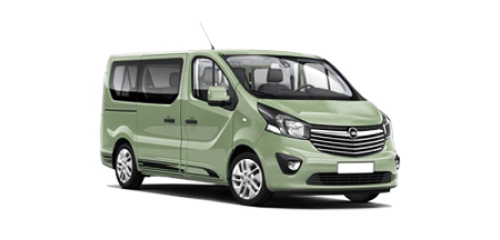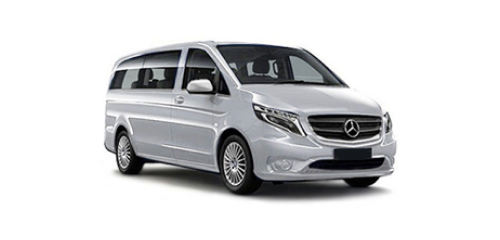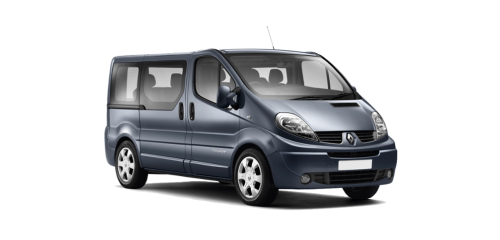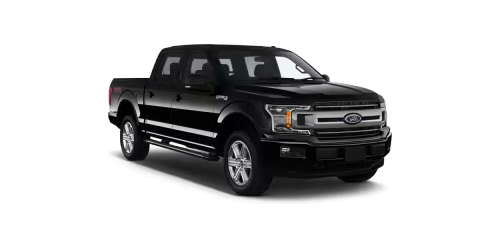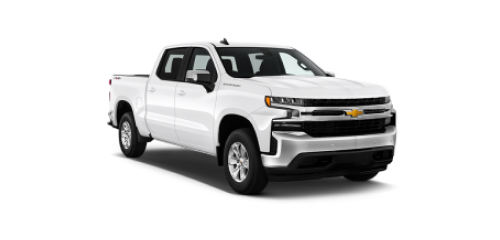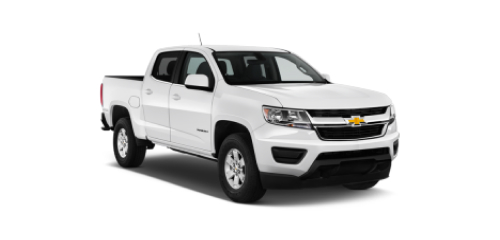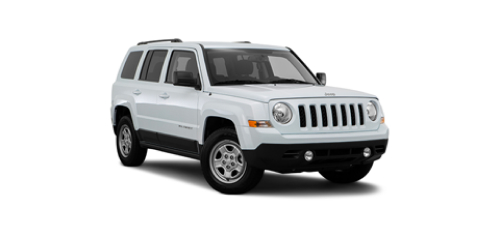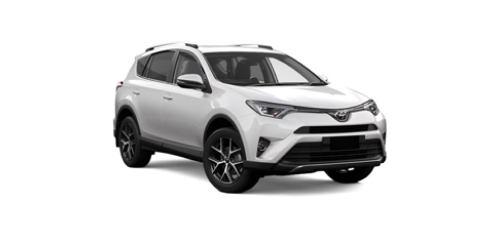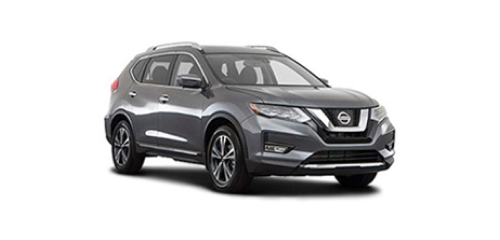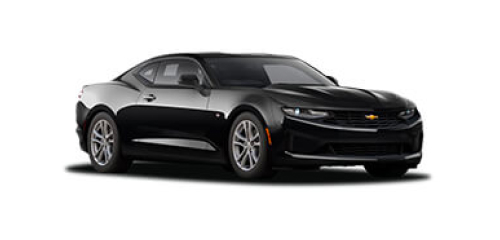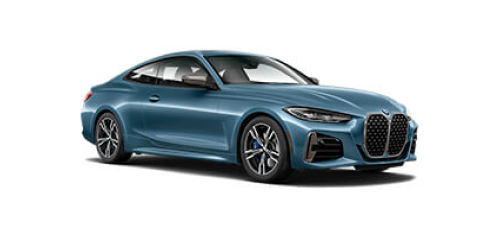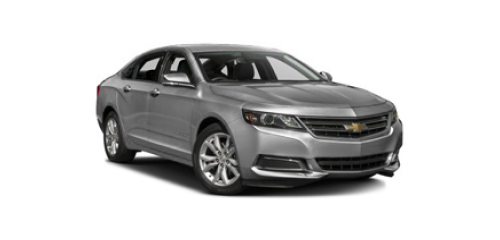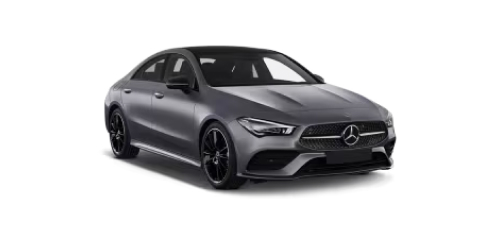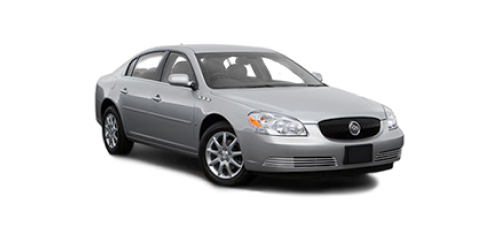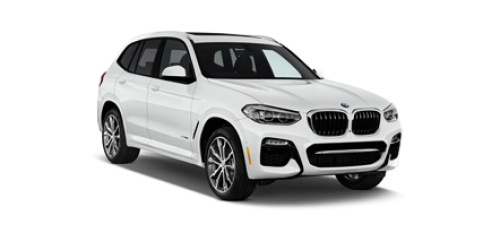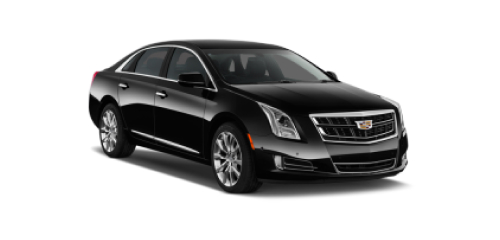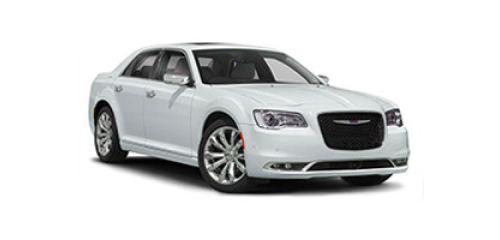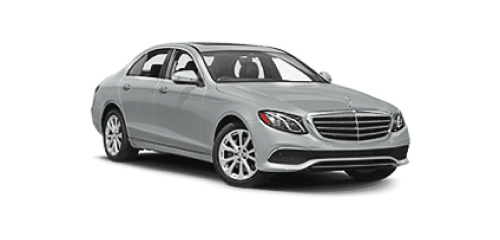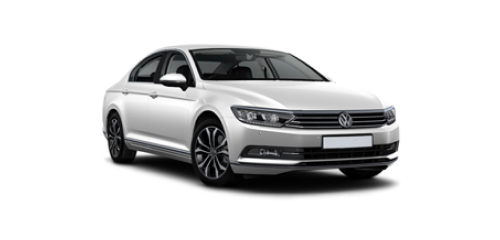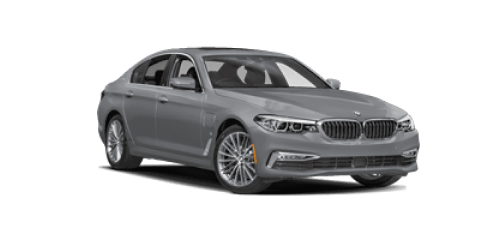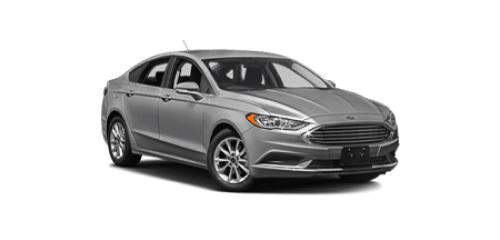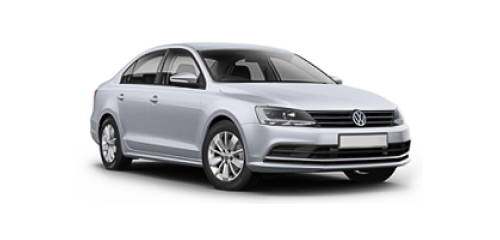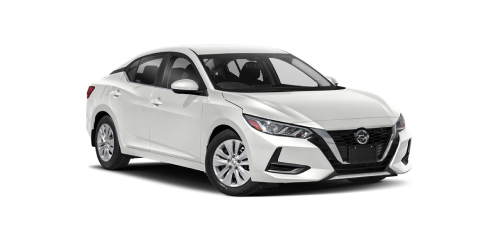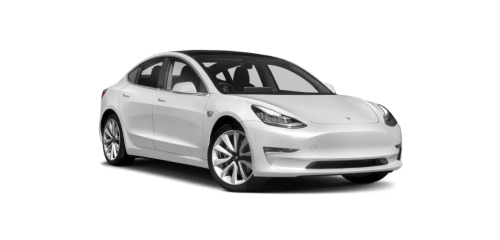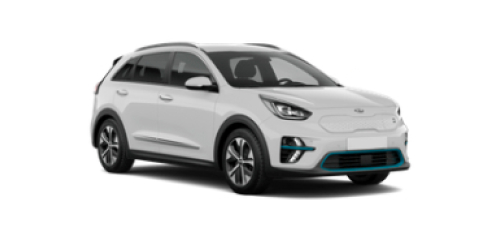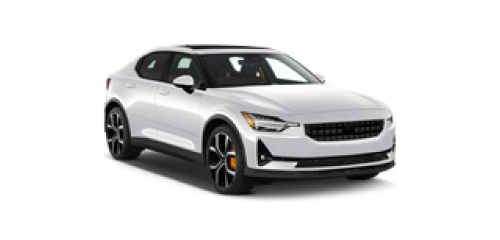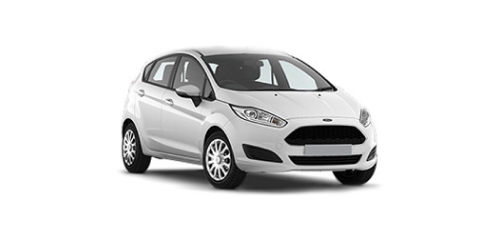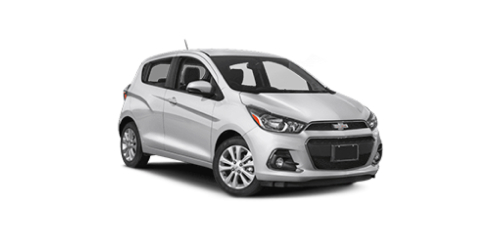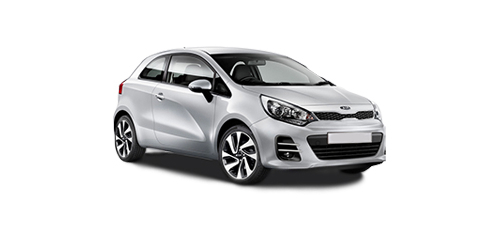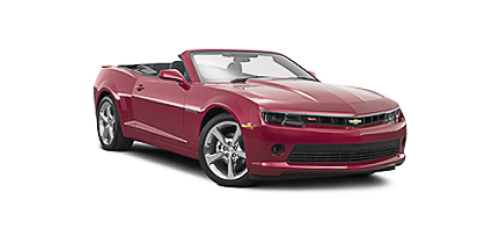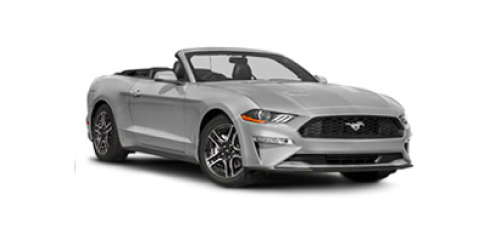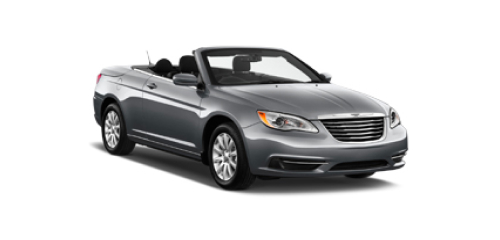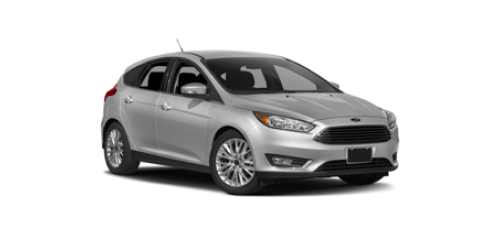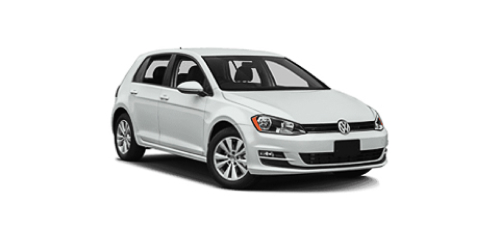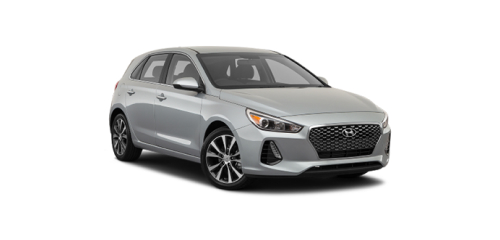
Car rental in Chile
- Secured payment guarantee
- 4 million users
- Multi-language support
- Booking of any class cars
- 800 providers worldwide

Car Rental in Chile: a Land of Extreme Landscapes
In Chile, it is the journey that is the best adventure. Regardless of your destinations and your plans, enjoy the thrills of the most extreme of landscapes – from mountain peaks, to deserts, to glacial fields – intimately and independently along the way via automobile hire. Rent a car to be at your most liberated and to experience the country at its best: the spontaneous excitement of the road.
Spring (from September to December) and autumn (from March to June) are the most comfortable and beautiful times to visit Chile.
Chileans speak a dialect of Spanish called castellano de Chile; while the language is easily understood by native Spanish speakers, non-native Spanish speakers may feel a bit overwhelmed. Many Chileans are happy to speak neutral Spanish if you’re in a communication standstill. English has also replaced French as a mandatory language in public schools, so both languages are fairly readily spoken, particularly in large cities. Road signs are in Spanish only.
The currency in Chile is the peso, and exchange is widely available for US dollars and euros. Be wary of exchange rates at hotels and airports, however, and note that airport ATMs are likely to charge a fee for international withdrawals. While Chile is primarily still a cash culture, ATMs are fairly widespread and most city shops accept credit or debit cards.
Most travelers arriving by air will land at the Santiago Airport, officially called the Comodoro Arturo Merino Benítez International Airport. You can pick up your rental car directly from the airport, as well as throughout Santiago and in most Chilean cities, including Arica, Iquique, La Serena, and Concepción.
Driving in Chile
Particularly compared to other Latin American countries, Chilean roadways are in great shape. You’re bound to experience potholes in any smaller cities or rural areas, but highway travel is a breeze throughout Chile, making your car rental experience even better as you explore this incredible landscape and culture.
Right-Hand Driving
- Traffic drives on the right-hand side of the road in Chile.
Typical Speed Limits
- In cities: 60 km/h
- On highways and expressways: 100-120 km/h
- On roads that are typically dangerous due to narrowness or traffic: 30 km/h
- In any bigger Chilean cities, you can expect traffic congestion during rush hours between 7 and 9am and 5 and 8pm.
Other Regulations
- Private parking lots and garages are plentiful throughout the country, though the method for paying street parking is fairly unique to Chile, as street parking is also leased to private companies. You will likely be approached by a parking attendant and given a bill to pay when you return to your car to leave.
- If your driver’s license has not been issued in Spanish, you will need an international driver’s permit.
- Part of the reason Chile’s highways are in such good shape is because they require a lot of tolls. Expect to pay tolls whether you’re traveling across the nation or sticking to the area around Santiago. If you’re planning on renting a car outside of Santiago but traveling to the city, make sure your car is equipped with a TAG transponder to pay electronic fees during your travels. Tolls outside the Santiago area are typically paid at toll plazas, many of which only take cash!
- You must be 22 years old with a minimum of 2 years’ driving experience to rent a car in Chile.
- Visitors from many nations can enter Chile visa-free for between 21 and 90 days, though Mexican and Australian passport holders will have to pay a reciprocity fee in US dollars or by credit card when they arrive by air. Check requirements for your nationality before you leave, as some nationalities will have to apply for a visa before they arrive.
- Upon entry to Chile you will be issued an entry receipt, which you have to return to immigration officers when you leave. Don’t lose this receipt! It has the added benefit of giving you 19% off of hotel costs when presented with your passport.
- Crossing national borders is permitted with rental cars from Chile, but you will require extra paperwork from your rental agency for control officers to authorize your passage, and you will likely have to pay some extra fees.
- If you are stopped by the police, you will be required to present a number of documents, including your passport, driver’s license, international driver’s permit, and rental car contract, as well as the permiso de circulación (a vehicle registration fee) and proof of Chilean vehicle insurance, which the rental agency should provide you. Ask your rental agency where these final two documents are stored in the car before you depart.
- Be wary of bus-only lanes, which are regulated by traffic cameras; your rental company will forward you any tickets you receive for driving in them.
Other Tips
- Self-service gas stations are rare in Chile, so be prepared to talk to an attendant about what kind of gas or petrol you’d like to fill your car with.
Explore popular cities with our best car rental in Chile
Experience the top locations with cheap car rental in Chile
Discover the cheapest car rental in Chile
* Disclaimer: Prices displayed may not reflect today's rates.





















